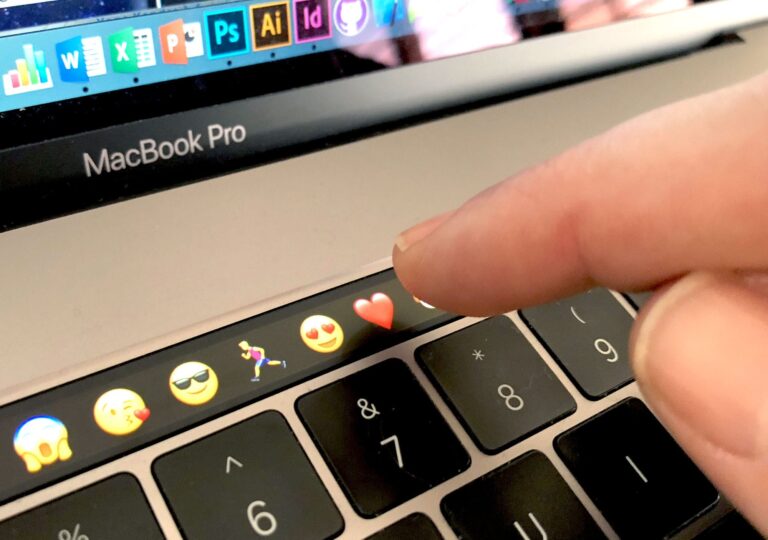Swimming Pool Equipment to Keep Your Pool Running Smoothly
Maintaining your pool requires a number of items. In this article, we’ll take a look at a few key items that will help you keep your swimming pool in tip top shape.
Pumps
Pumps are the backbone of your swimming pool’s water circulation and filtration. They circulate the water throughout your swimming system multiple times daily, filtering it and dispersing chlorine.
When purchasing a pump, its rated flow rate (in gallons per minute) is essential. This number lets you know whether the pump has enough power to move that much water efficiently.
It’s wise to invest in a pump with variable speed capability. These models run at lower revolutions per minute (RPMs) than single and dual speed models, decreasing motor friction and thus saving energy.
Variable-speed models feature a digital control panel that lets you program the pump to run at various speeds throughout the day. Though more expensive than single-speed models, these save you 50-70% on electric bills.
A top-notch pump is essential for your pool’s health and comfort. Make sure you select a model that has been well-made, so that it will provide reliable service for years to come.

Filters
Pool filters are essential to keep your pool water clear and safe. They trap dust particles that get blown into the pool or carried by people using it.
Filters also help distribute the chemicals necessary for maintaining the water’s health and clarity. By keeping your water clean and well-maintained, you reduce the demand on these chemicals – saving money in the long run!
When selecting a filter, there are several types to choose from, each offering their own advantages and disadvantages. Your decision will impact costs, replacement frequency and filtration rates.
Sand filters are a cost-effective and popular option on the market. They work by applying water pressure to strain finer particles of dirt. Each grain of sand has prickly edges which trap dirt and other particles as water passes through them.
These filters have the capacity to capture contaminants as small as 30 microns in size – an incredibly small quantity when considering that a human hair is approximately 50 microns across.
Cartridge filters are another popular option and come in various sizes. Not only are they easy to clean, but they’re also inexpensive.
They offer the advantage of capturing most contaminants as small as 10 microns, though they may need additional steps for a complete filtration process. Furthermore, these filters are the most cost-effective option but must be replaced every three or five years.
Heaters
Heaters are an integral component of swimming pool equipment. They are the best swimming pool equipment because they help keep the water at a comfortable temperature, which can extend your swimming season. This makes your swimming pool a better investment.
A heated swimming pool can be an amazing addition to any backyard. It encourages families to take more time out for relaxation and recreation in nature.
Gas heaters are the most common type of heater and can be a great option for people living in climates where temperatures change throughout the year. Unfortunately, gas is not as energy-efficient as some other options on the market, meaning they may be costly to run.
Solar heating systems are an ideal choice for homeowners who want to make the most of their outdoor space. These systems are easy to set up and typically cost-effective to run.
Electric heat pumps are an excellent option for pool owners. These units can be highly energy-efficient and tend to be cheaper to operate than gas heaters, especially when considering how much money you’ll save on energy bills over the course of your device’s lifespan.
Both electric and gas heat pumps come with various features that can enhance their efficiency and effectiveness. For instance, some have dual thermostats for even heating throughout the water, while others feature automatic timers to guarantee consistent operation.
Safety
Before allowing users to use your swimming pool, make sure all equipment is functional. Doing this helps avoid accidents and injuries from occurring.
Make sure all of your chemicals are kept separate from each other to avoid mixing them up, which could cause a fire or explosion if left unchecked.
Pool chemicals should always be labeled with an MSDS sheet which provides all safety data. Not only will this help avoid injuries, but it’s also required by OSHA’s Hazard Communication Standard.
When using chemicals in your pool, it is important to always wear gloves and a face mask to avoid fume inhalation. This will also protect against the corrosive effects of these chemicals on skin and eyes.
While backyard pools can provide lots of fun for your family, they also require some work and planning. Having the right accessories can make all the difference in your enjoyment.






